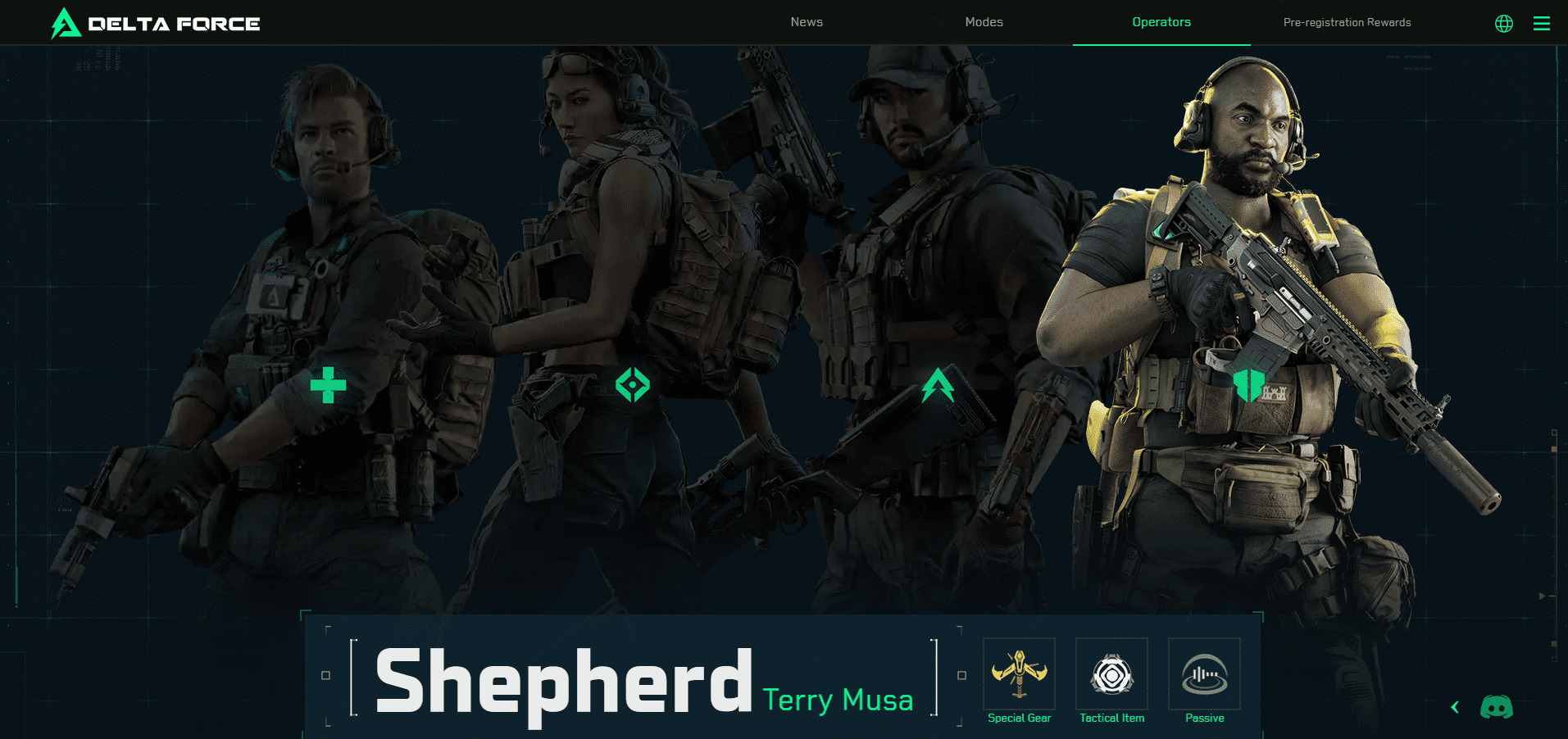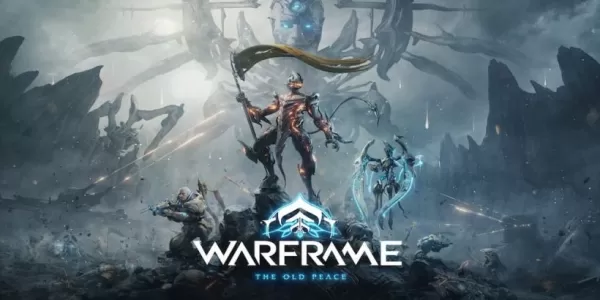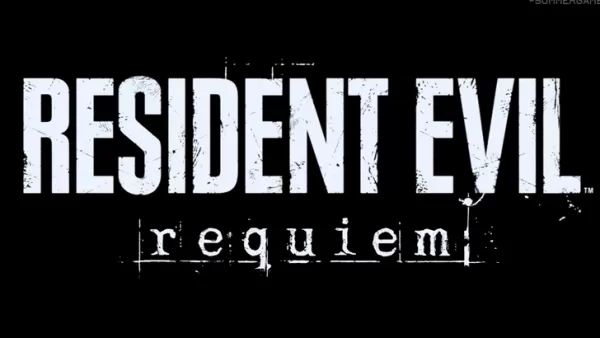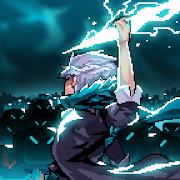Activision, the developer behind the popular Call of Duty franchise, has finally acknowledged the use of generative AI in the creation of Black Ops 6. This admission comes nearly three months after fans voiced their concerns about what they referred to as "AI slop" in the game's artwork, particularly in the Zombie Santa, or 'Necroclaus,' loading screen from the Season 1 Reloaded update released in December.
The controversy erupted over the depiction of Zombie Santa, which appeared to feature the character with six fingers—an error commonly associated with generative AI's difficulty in accurately rendering hands. Additionally, another image showcasing a new Zombies community event displayed a gloved hand with what looked like six fingers and no thumb, suggesting an even higher digit count.
 Black Ops 6's 'Necroclaus' loading screen. Image credit: Activision Publishing.
Black Ops 6's 'Necroclaus' loading screen. Image credit: Activision Publishing.
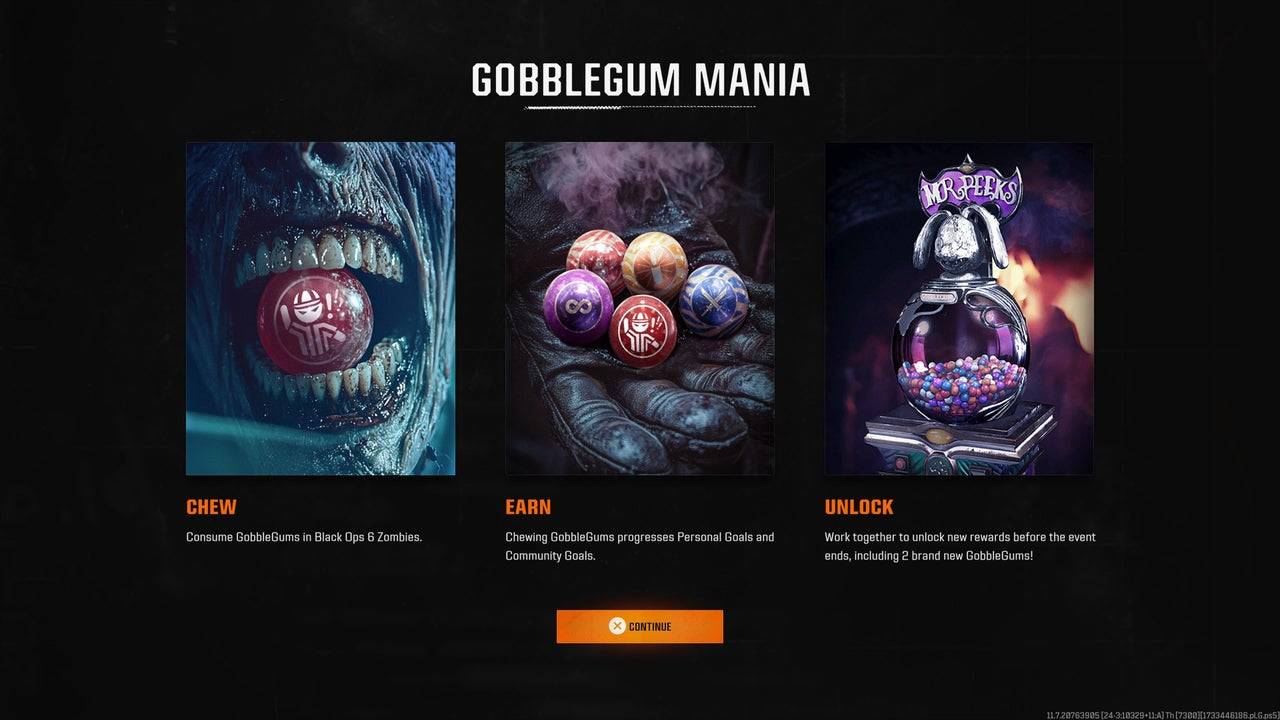 The central image includes a gloved hand with some odd things going on. Image credit: Activision Publishing.
The central image includes a gloved hand with some odd things going on. Image credit: Activision Publishing.
The Zombie Santa image prompted further scrutiny of other artwork in Black Ops 6, leading the Call of Duty community to question the integrity of images found in paid bundles. Redditor Shaun_LaDee pointed out several images with irregularities that hinted at the use of generative AI.
Amid the 6 fingered Santa Controversy, I looked into some loading screens included in PAID bundles…
byu/Shaun_LaDee inCODZombies
In response to fan outcry and new AI disclosure rules on Steam, Activision has now added a general disclosure to Black Ops 6 on Valve's platform, stating: “Our team uses generative AI tools to help develop some in-game assets.”
Last year, Wired reported that Activision sold an AI-generated cosmetic as part of the Yokai’s Wrath bundle for Call of Duty: Modern Warfare 3 in December 2023, without any disclosure of AI use. Priced at 1,500 COD Points, equivalent to about $15, this bundle contributed to Activision's significant revenue from in-game purchases.
Following Microsoft's $69 billion acquisition of Activision Blizzard, the company laid off 1,900 staff from its gaming business. According to Wired, these layoffs included 2D artists, whose roles were reportedly being replaced by AI. An anonymous Activision artist revealed to the site that remaining concept artists were pressured to use AI tools, with mandatory AI training sessions being promoted within the company.
The use of generative AI remains a contentious issue across the video game and entertainment industries, both of which have experienced significant layoffs. Criticism has been fueled by ethical concerns, rights issues, and the often subpar quality of AI-generated content. An example is Keywords Studios' failed attempt to develop an entirely AI-generated game, which they reported to investors as being unable to replace human talent.



 LATEST ARTICLES
LATEST ARTICLES 